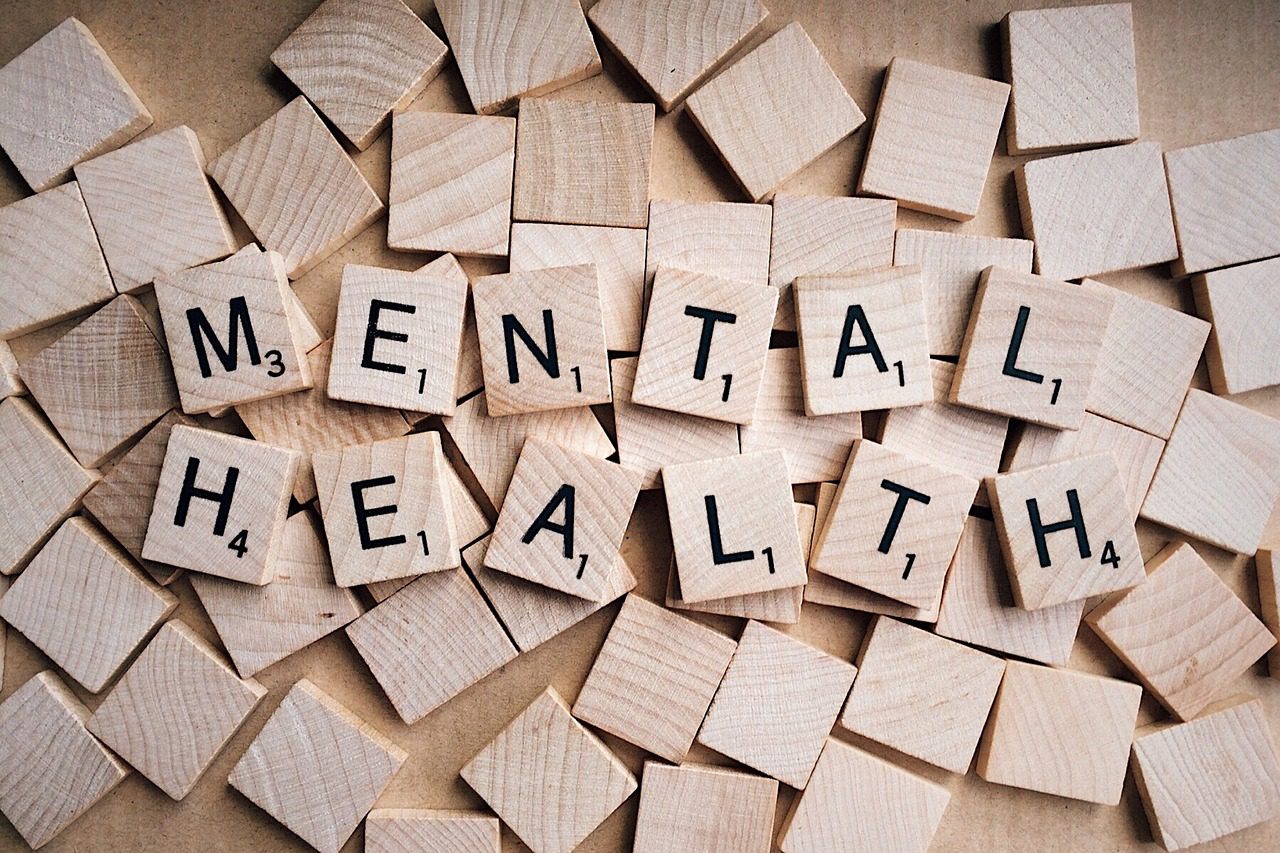Keeping our brain healthy is essential to our overall well-being, and there are several simple yet effective ways to achieve this goal. Websites, for example, offer a wide range of nootropics, vitamins, and supplements to support cognitive health.
This blog post explores the most effective strategies for maintaining a healthy brain and reducing mental health risks. By following these tips, you can enjoy better cognitive function, improved mood, and more fulfilling life.
Get Regular Exercise
 Physical activity is one of the best ways to keep your brain healthy and reduce the risk of developing mental health problems. Exercise releases endorphins, which boost your mood and help you cope with stress more effectively. Physical exertion helps increase blood flow and oxygen to your brain, improving its performance and providing you with sharper thinking, improved memory, and more creative ideas. Aim to get at least 30 minutes of physical exercise daily, which will help keep your cognitive skills sharp and reduce mental health risks.
Physical activity is one of the best ways to keep your brain healthy and reduce the risk of developing mental health problems. Exercise releases endorphins, which boost your mood and help you cope with stress more effectively. Physical exertion helps increase blood flow and oxygen to your brain, improving its performance and providing you with sharper thinking, improved memory, and more creative ideas. Aim to get at least 30 minutes of physical exercise daily, which will help keep your cognitive skills sharp and reduce mental health risks.
Eat a Balanced Diet
The food we eat significantly impacts our overall brain health and can play an essential role in reducing mental health risks. Eating a balanced diet rich in lean proteins, fruits, and vegetables, can help improve the mood and cognitive functioning of the brain. You should also avoid sugary drinks and processed foods as much as possible. Consuming unhealthy foods can lead to poor concentration, lower energy levels, and contribute to mental health problems.

Get Enough Sleep
Sleep is essential for the proper functioning of our brains. Research has shown that people who get enough sleep have better cognitive abilities and improved moods compared to those who don’t get enough rest. Aim to get at least 7-8 hours of sleep every night to ensure your brain gets the rest it needs. Moreover, getting regular naps during the day can help improve alertness and reduce mental health risks.
Practice Mindfulness
Mindfulness is a practice that emphasizes being present at the moment and becoming aware of one’s thoughts, feelings, and actions. It can help reduce stress and improve concentration, focus, creativity, and memory. You can enjoy improved mental well-being and reduced risks of developing mental health issues by engaging in daily mindfulness activities such as yoga, journaling, or meditation.
Connect with Others
 Social connections are essential for our mental health, and research has shown that people with a strong support system are less likely to experience mental health problems. Connecting with friends, family members, or colleagues can help reduce stress and improve moods. You should also seek professional help if you notice signs of depression or anxiety. A therapist can provide valuable guidance and help you manage any mental health issues in a safe and healthy way.
Social connections are essential for our mental health, and research has shown that people with a strong support system are less likely to experience mental health problems. Connecting with friends, family members, or colleagues can help reduce stress and improve moods. You should also seek professional help if you notice signs of depression or anxiety. A therapist can provide valuable guidance and help you manage any mental health issues in a safe and healthy way.
By following these tips, you can keep your brain healthy and significantly reduce the risks of developing mental health problems. Moreover, improved cognitive functioning will help you have a more fulfilling life.

